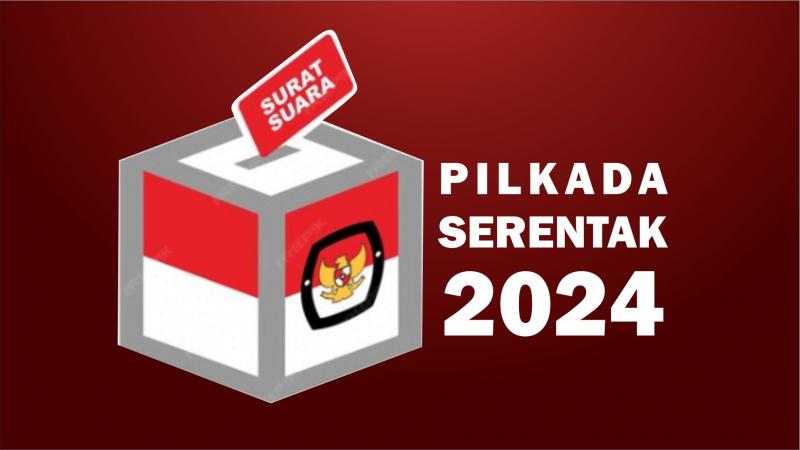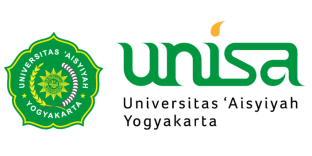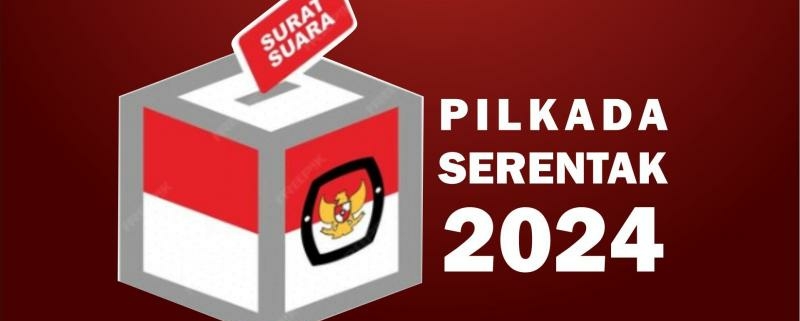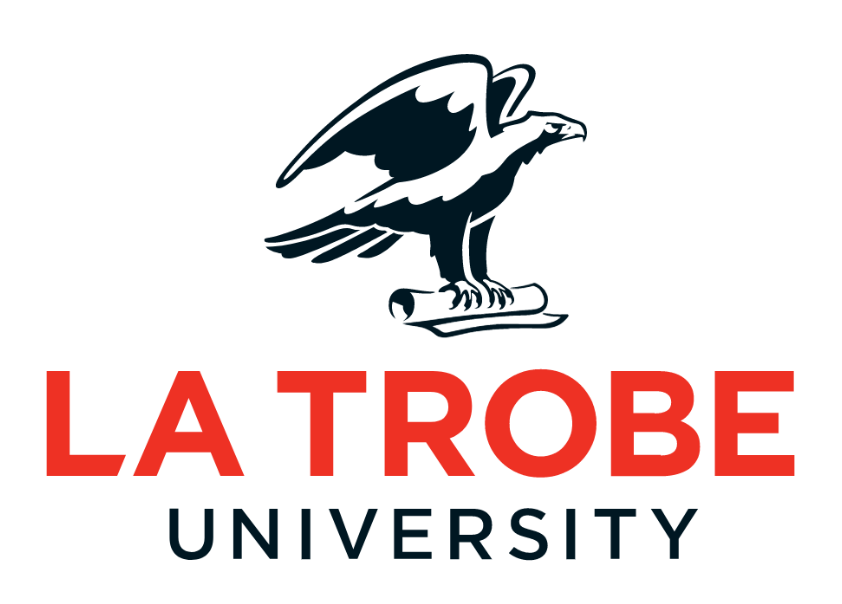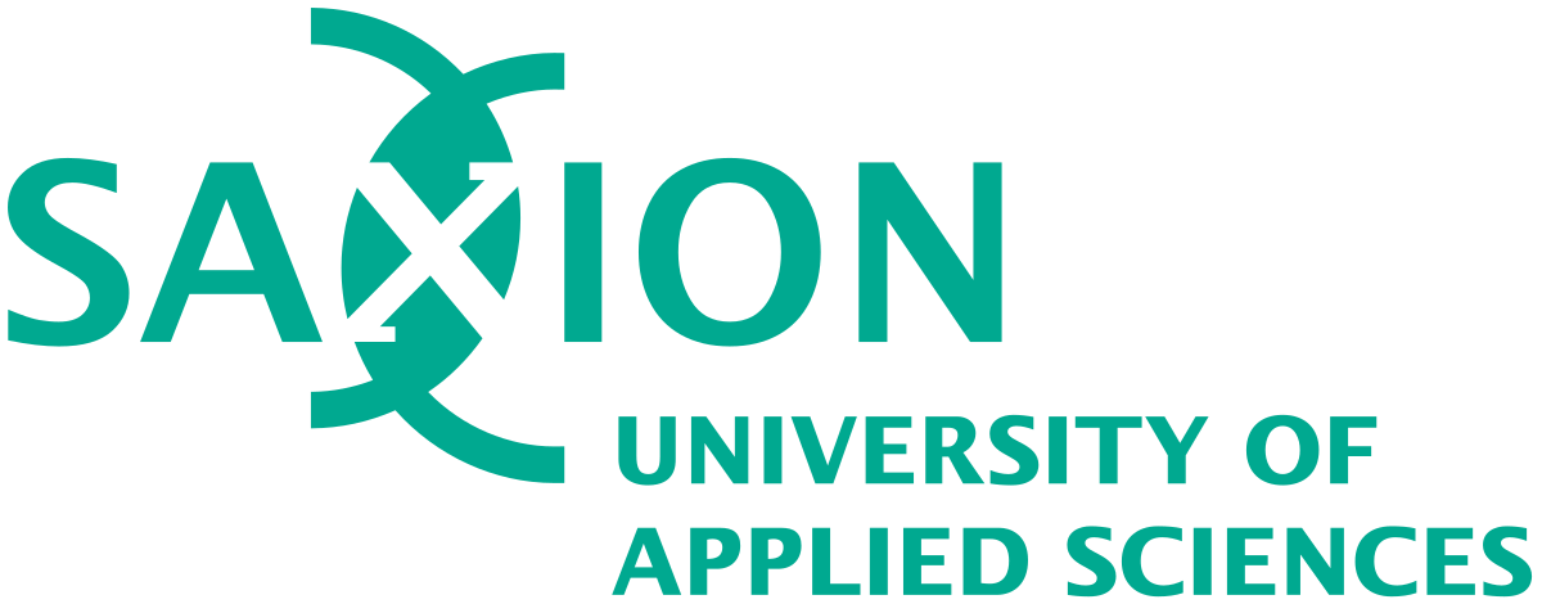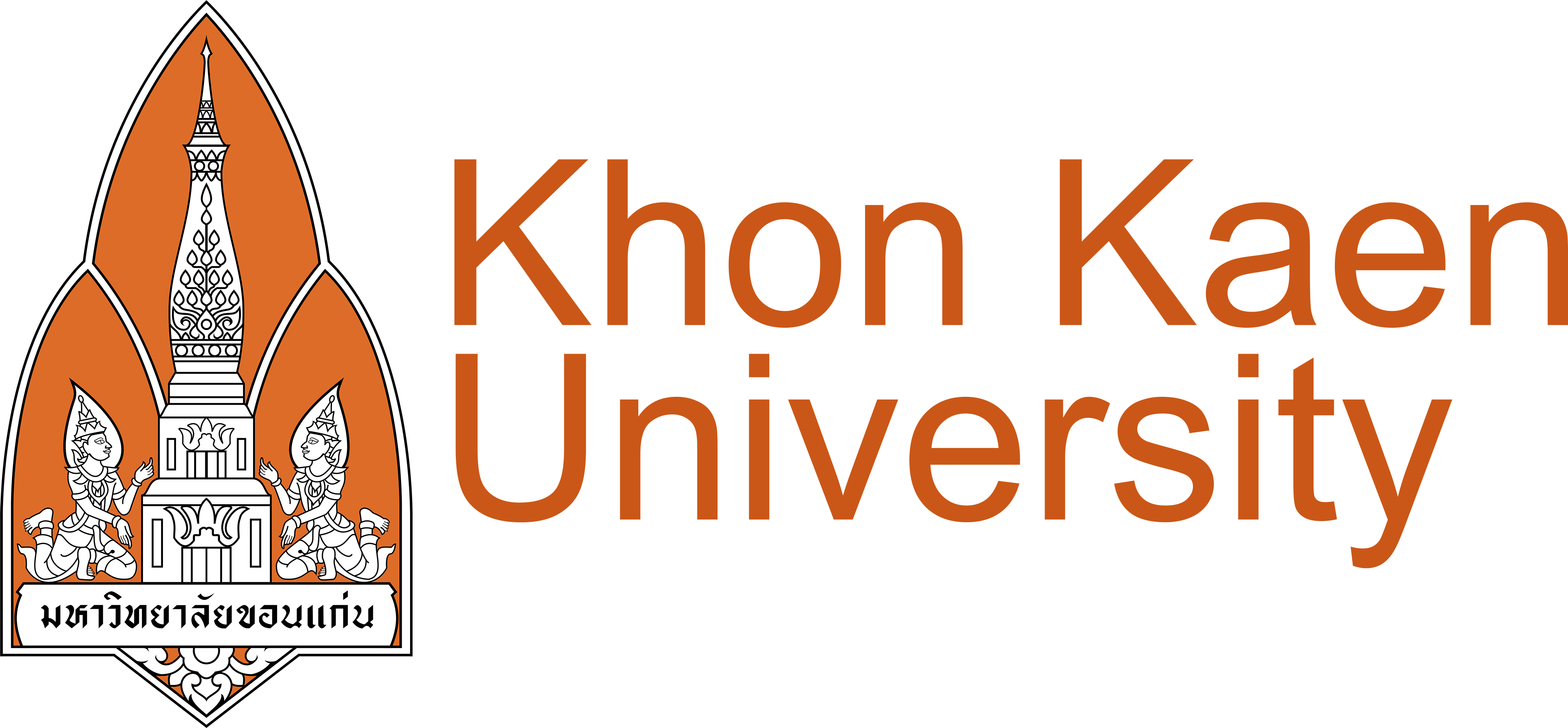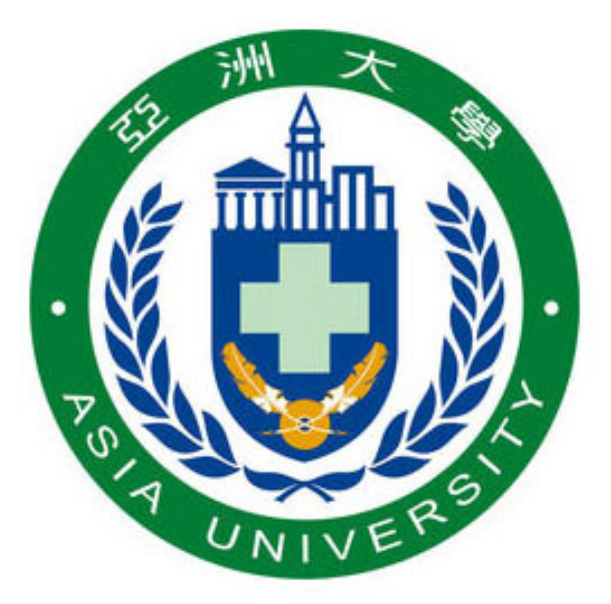Pilkada as the First Step to Good Governance
The dynamics of national politics seem to have subsided after the completion of the 2024 Presidential Election (Pilpres). The dominant victory of the Prabowo-Gibran pair over other candidates has made the after-effects of the presidential election less visible. This situation is something to be grateful for, because with the conduciveness maintained, the transition of government is expected to be softer and less turbulent. However, the calmness of the national political scene does not seem to be the same if we talk at the regional level. Political tension in almost all regions is experiencing a dynamic situation and full of “strategy wars”. The simultaneousRegional Head Elections (Pilkada) on November 27, 2024 are certainly the main reason for the dynamic political conditions in the regions today. On the one hand, the increasing political tension in the regions certainly provides political risks that affect the community. But on the other hand, the simultaneous regional elections certainly provide fresh air and new hope for the people in each region.
Simultaneous elections can be used as a momentum in an effort to realize new hopes for the people in the regions. Momentum for policy improvement, development, and a better life. Of course, this momentum will be easier to realize if it is accompanied by the qualified rationality of the voters. As explained in the concept of rational voter theory which argues that voters will choose candidates who are considered most favorable to them based on the information available. In this context, candidates who have good policies and focus on the interests of voters will be more likely to be elected, motivating other candidates to be oriented towards good policies. Based on this theory, it is clear that the momentum for improving the socio-political situation in a region starts with the rationality of voters in determining leaders.
Good Governance and Clean Government
Accuracy in choosing leaders in the region will certainly have an impact on the quality of further government management. As we all know, good governance and clean government are the expectations of all elements of society in the regions. Good governance creates the basis for governance that takes into account political, economic and social stability. In addition, good governance also seeks to increase public trust, strengthen democracy, and ensure resources are used for common welfare. By understanding and applying this concept, every institution can become more accountable and contribute to sustainable and inclusive development. Meanwhile, clean government is an effort to create government institutions that are free from corruption, collusion and nepotism. Creating a clean government is the same as improving the quality of development in the region. These two things must be a concern, because cases of Corruption, Collusion and Nepotism (KKN) are recorded to be increasingly widespread and have become an inhibiting factor in the regional development process. Data from the Corruption Eradication Commission (KPK) for 2004-2024 states that there are 167 regional heads caught in corruption cases (regents/mayors and their deputies).
Simultaneous regional elections should be a new step and hope for each region in developing their regions by prioritizing the principles of good governance and clean government. The community as the determinant of who the new leader will be elected, becomes the most instrumental party. Based on this situation, of course, rationality and good political literacy must be put forward so that later voters can choose with full consideration and responsibility. If these efforts can be applied, then the implementation of good governance by the next regional leader is increasingly real to be applied.
By: Gerry Katon Mahendra, S.IP., M.I.P. – Lecturer in Public Administration at UNISA Yogyakarta
